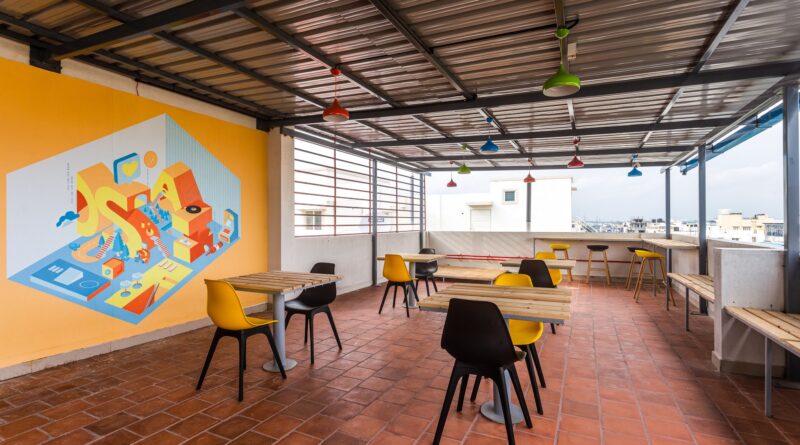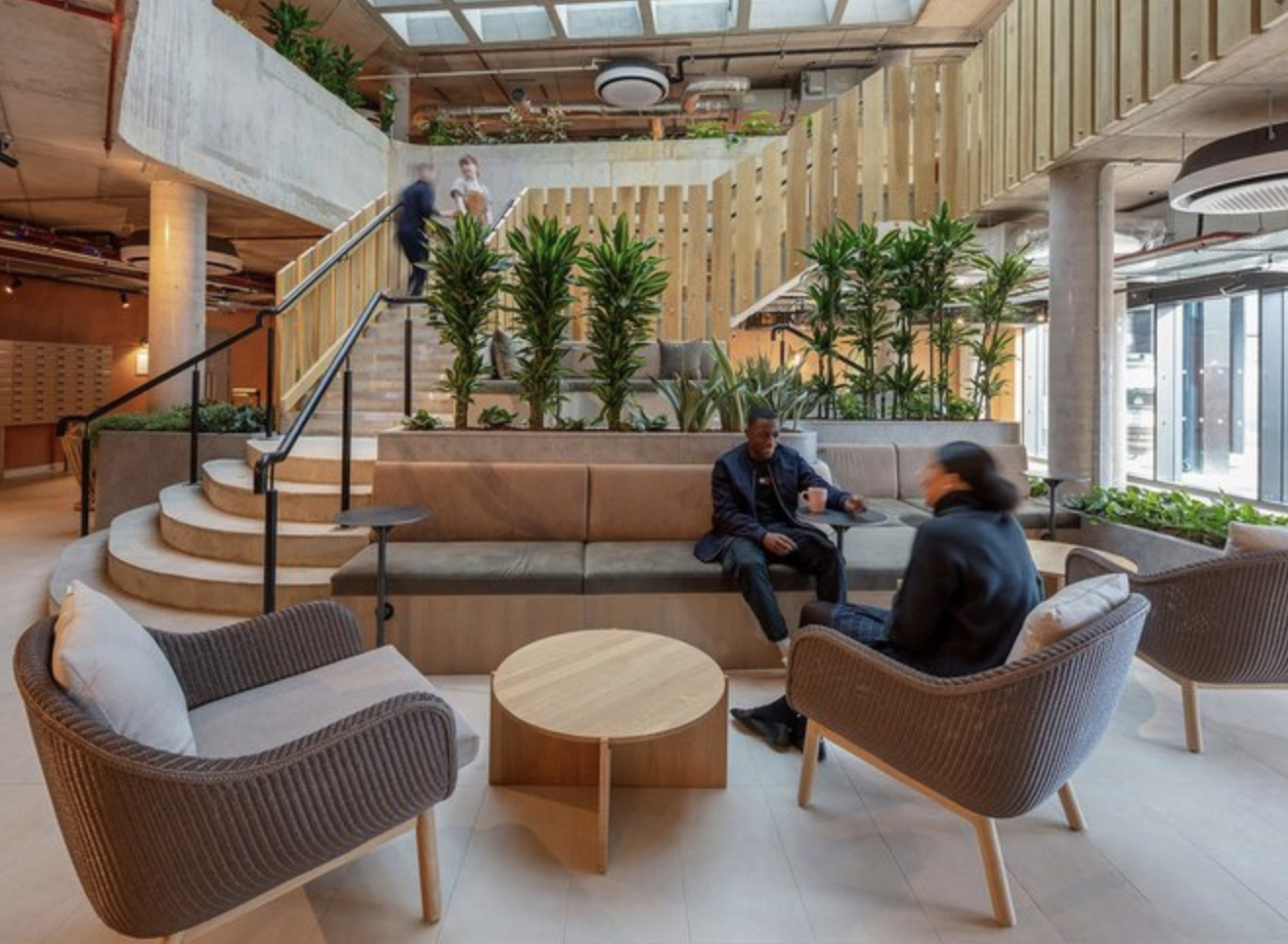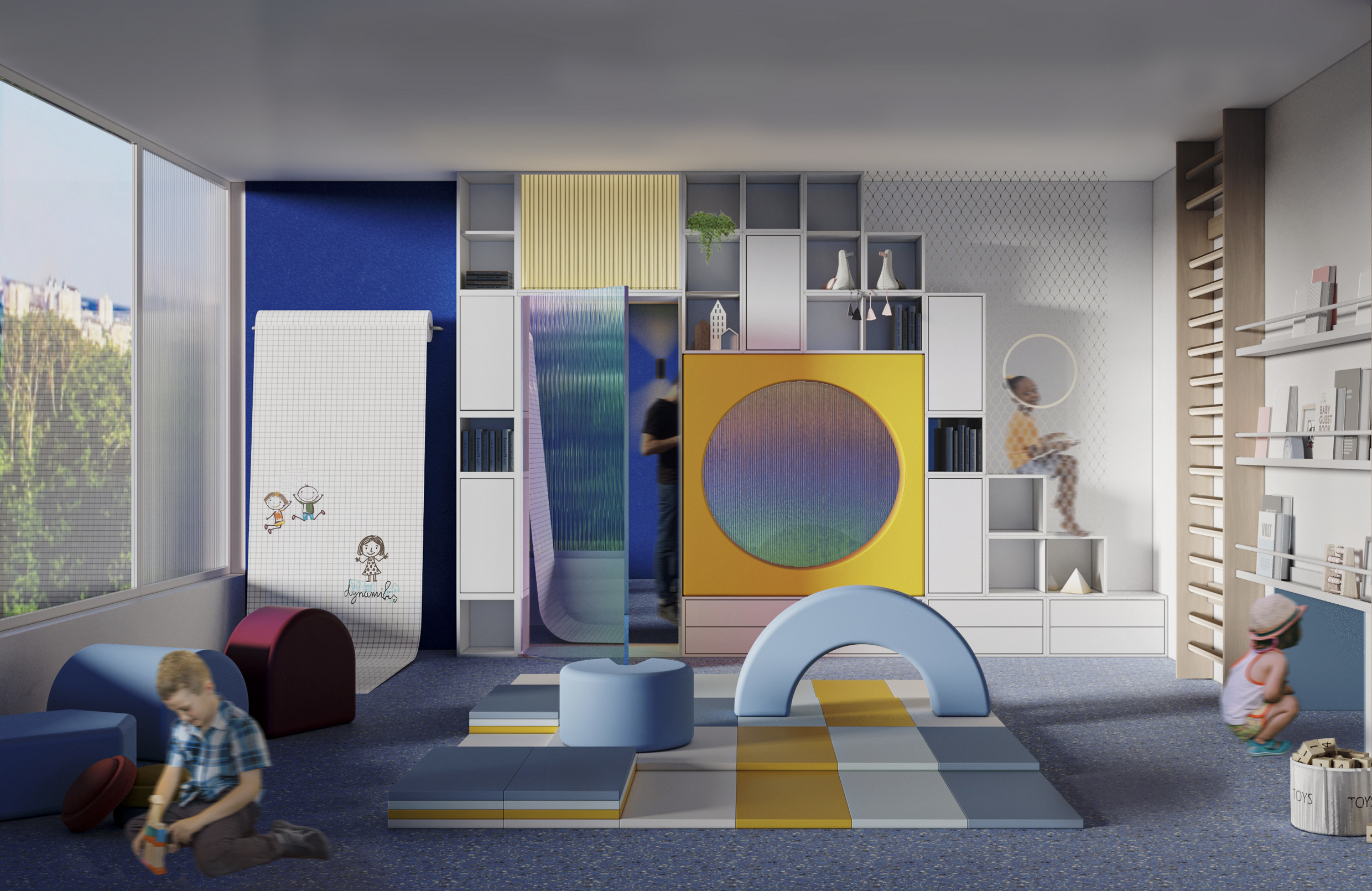India: The Indian coliving sector is predicted to grow from the current 210,000 beds to 450,000 by the end of 2024.
A new report by Colliers found that the sector is set for strong growth. “Coliving has strong long-term potential in metro cities. However, the current market scenario has presented an opportunity to consolidate and reconfigure the market,” said Subhankar Mitra, managing director, advisory services, Colliers India.
Operator Settl is in expansion mode and has announced plans to double its bed count to 5000 by March 2024. Currently, the company operates 2,500 beds across Bangalore, Hyderabad, and Gurugram.
“The coworking ecosystem has a positive impact on the demand for coliving spaces. This is also because a majority of demand for coliving spaces comes around major IT parks and startup hubs,” said Abhishek Tripathi, co-founder of Settl.
The country is experiencing a rapid influx of young professionals and students migrating to different cities, especially metros, for work and education, leading to increasing demand for quality accommodations. “This trend has created an opportunity for companies like ours to cater to the needs of this growing market,” said Tripathi.
According to another operator, Zolo Stays, the demand for coliving spaces is strongly influenced by the demand for commercial offices. “If a majority of the offices are coworking spaces, then the growth in coworking would likely drive an increase in demand for coliving options, said Nikhil Sikri, CEO and co-founder at Zolo Stays.
“Typically, individuals prefer coliving accommodations within a 15 to 20 minute commute to their workplace, and as the number of offices in an area increases, so does the demand for coliving spaces.”
Zolo Stays operates across ten cities and manages around 50,000 beds, with plans to double its capacity to 100,000. “We are focusing more on premium coliving spaces going forward because of the high demand for quality living since Covid ended,” said Sikri.
The Colliers report said a shift in perception amongst millennials to sharing instead of owning has made the coliving concept popular.








